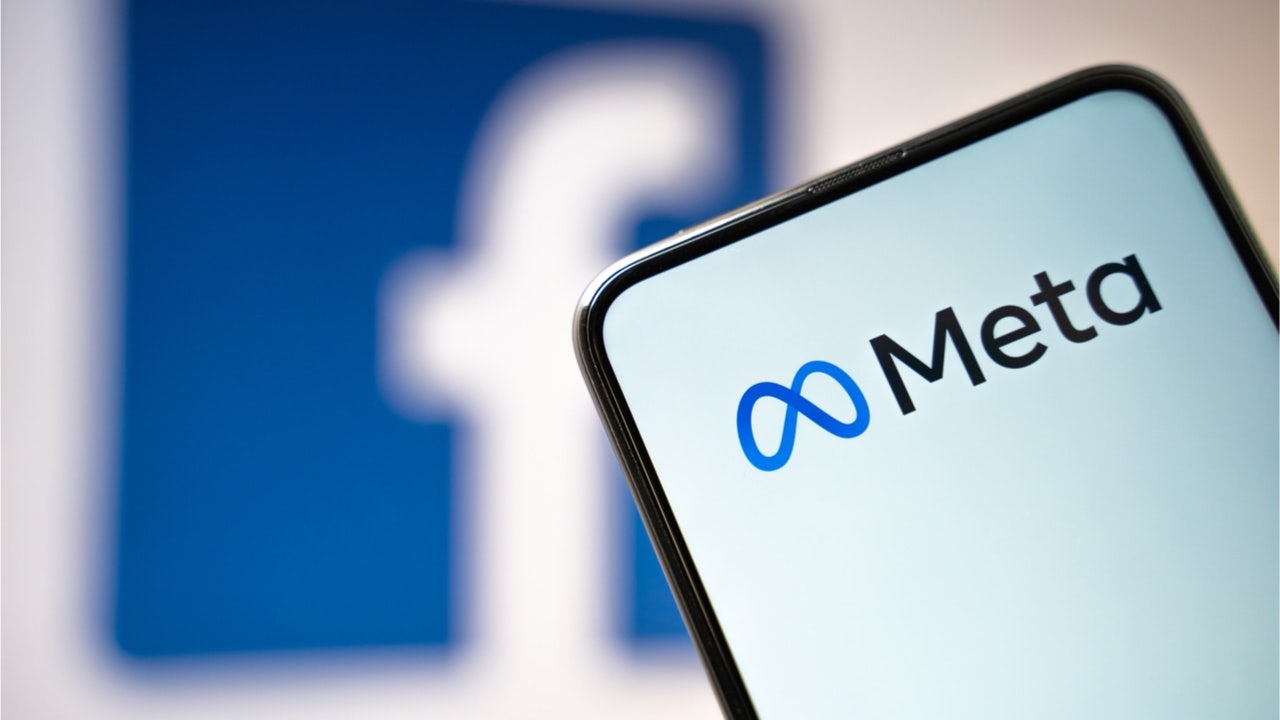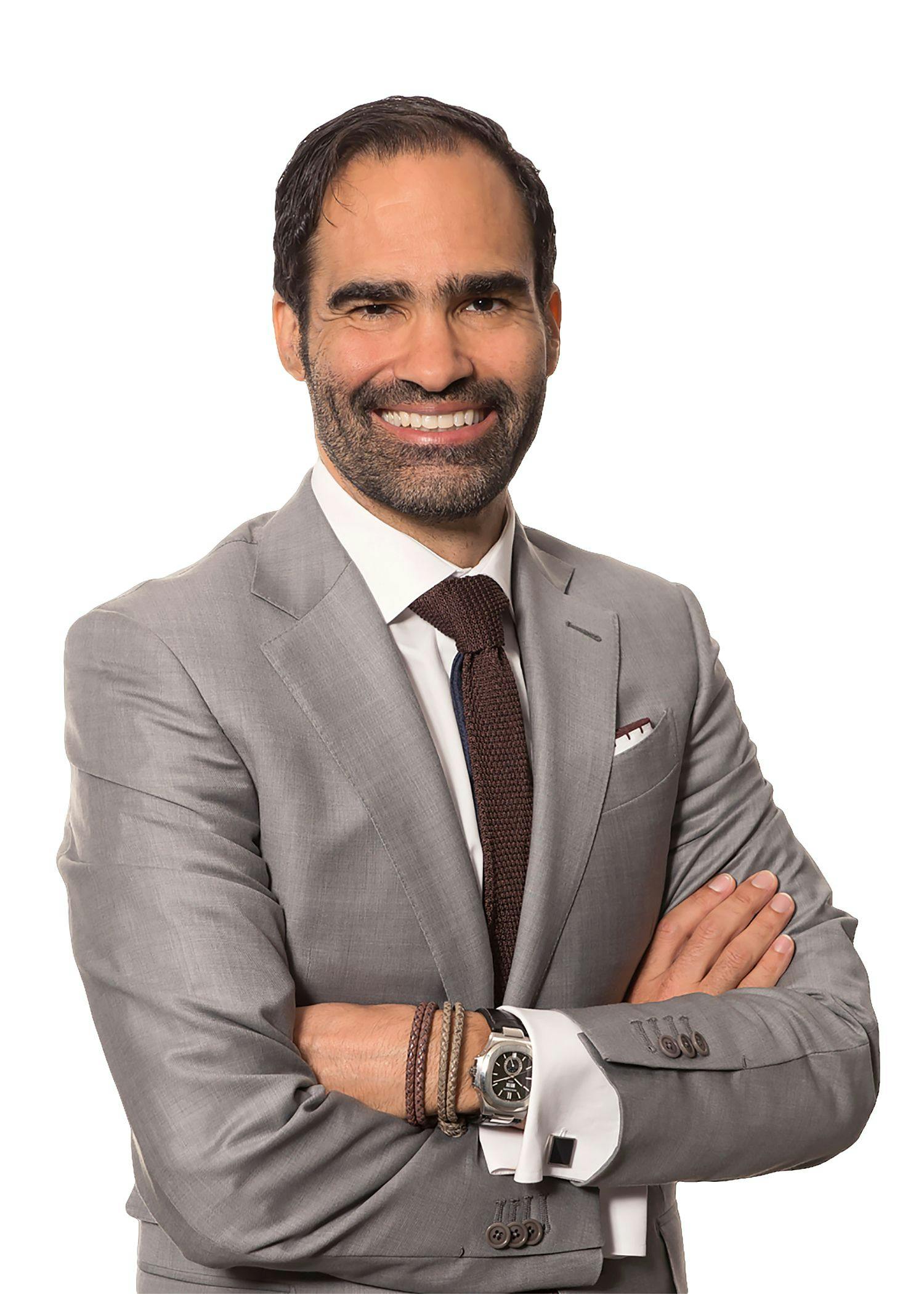“Meta’s perfect storm: fleeing users and Apple privacy changes hit ads business," said the Financial Times about the beleaguered social media platform after it set a record for the largest one-day selloff in stock market history. "[With] more than 200 billion wiped off the value of Meta, chief executive Mark Zuckerberg focused blame for falling profits and users at Facebook’s parent company on a rival: TikTok, the viral short-form video app.
The social media giant with ambitions of becoming a leading force in the emerging metaverse sphere seems to have substantial issues with its core businesses. Over the past few years, it has been hit by two disrupting forces: Gen Z and a structural change in the market. The result was a staggering 20-percent drop in Meta's share price.
When a historic shockwave hits, it’s worth taking a closer look as it can signal a broader, more fundamental change in the market. Some of the issues surrounding the business model of Meta’s platforms like Facebook and Instagram seem to come from significant external disruptions, most notably Apple’s modification of its privacy rules.
Users of Apple’s ecosystem now have much more control over how they want to share their data with third-party brands like Facebook. And evidently, many seemingly have decided to opt-out. This disruption is likely here to stay and will make it significantly more challenging for Meta to be precise in targeting ads, thereby reducing the value of their advertising. The Financial Times reports that Meta has seen a 10-billion revenue decline since these privacy changes took effect, causing potential long-term damage to its entire business model.
Consider this occasion to be a reminder for all brands: A company can only charge for the value it creates. If customers perceive the value of what it produces to have significantly declined, they will be less willing to purchase (or will only buy at lower price points). And when the value perception of a brand drops, it can take a long time to reverse that course.
Reputational damage will create an exponentially worse problem. A seemingly endless array of PR disasters, including a damning report from a whistleblower on the potentially negative effects of social media on kids, may have led some brands to pull back advertising and some customers to leave the platform or reduce usage. These changes further weaken brand equity and the platform's value, instigating a precipitous value drop, as with Meta’s brands.
Meanwhile, Facebook and Instagram have not managed to be nearly as relevant as emerging competitors like TikTok in capturing the interest of Gen Zers. The Financial Times reports that “younger users are fleeing to the likes of TikTok,” citing a Forrester survey, which states that the weekly usage of TikTok surpassed Instagram among 12 to 17-year-olds in the US in 2021. This story presents us with another lesson: To be future-ready, brands must over-index with the future generation. Losing market leadership to TikTok indicates a significant risk for the future relevance of the platform.
In many of my publications and strategy projects, I have consistently highlighted two critical aspects: brands that want to create extreme customer value must be seen as innovative and influential, especially to new generations. Instagram was once an innovator and disrupter that, over time, lost the ability to innovate. It added functions like “stories" after the launch of Snapchat, and “reels” were inspired by TikTok’s short video formats. When brands only react — but do not lead — they lose their "trailblazing" appeal, especially to the newer generations. When brands are not seen as innovative anymore, their appeal fades.
Brands like Meta that want to create extreme customer value must continually innovate and influence their field, especially with the youngest generations.
The best and most successful brands make us dream. They create desire and make us fantasize about them. Facebook and Instagram have become familiar programs, where a significant part of the feed has increasingly replaced user-generated content with advertising. But when the perceived value of being on the platforms decreases, younger customers will be the first to move on to brands they see as more exciting.
External shocks, such as Apple's data privacy changes, can always occur. But brands must remember to stay radically customer-centric and continuously disrupt or innovate. When brands become too focused on their internal monetization processes and compromise the consumer experience, the ability to create extreme value will decline rapidly.
For a brand to be relevant to Gen Z, it must learn what those consumers care about more than anything. This generation is very sensitive to diversity, inclusion, sustainability, and corporate responsibility. When Meta’s brands faced recent controversies, it seemed as if the company tried to move on quickly without addressing its issues thoroughly. As this generation demands authenticity and fairness, that kind of response can trigger a quick rejection.
Meta’s perfect storm reminds us of how important radical customer-centricity is for any brand and how crucial it is to build a brand around innovation, inspiration, positive memories, and, ultimately, desirability. Meta may be in for a long journey to return to its former strength. But without fine-tuning its strategy and addressing its experience and value creation issues, Meta may never find its way back. Consider these words a call to action for all brands — not just for Meta.
This is an op-ed article that reflects the views of the author and does not necessarily represent the views of Jing Daily.
Daniel Langer is CEO of the luxury, lifestyle and consumer brand strategy firm Équité, and the executive professor of luxury strategy and extreme value creation at Pepperdine University in Malibu, California. He consults some of the leading luxury brands in the world, is the author of several luxury management books, a global keynote speaker, and holds luxury masterclasses in Europe, the USA, and Asia. Follow @drlanger


